GPT-4o Image Styles
Discover the fantastic image styles you can use with OpenAI GPT-4o's image generation
Newest Style Showcase
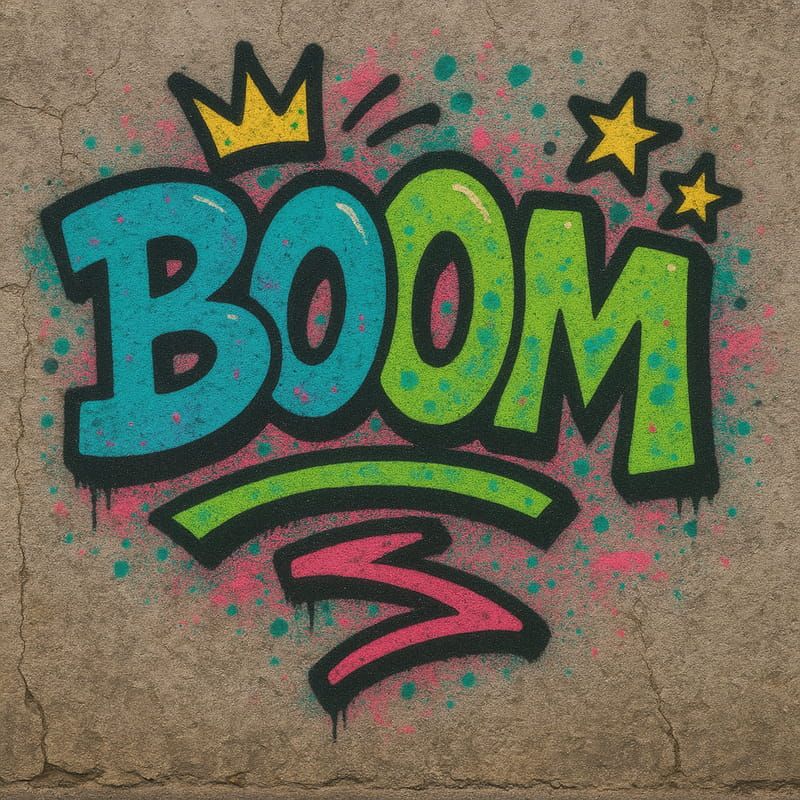
Wild-Style Graffiti Text
Customizable word in authentic wild-style graffiti with interlocking bubble letters, vibrant electric blues/hot pinks/acid greens, spray paint drips on weathered concrete wall, arrows/stars/crowns decorative elements, raw street art aesthetic.
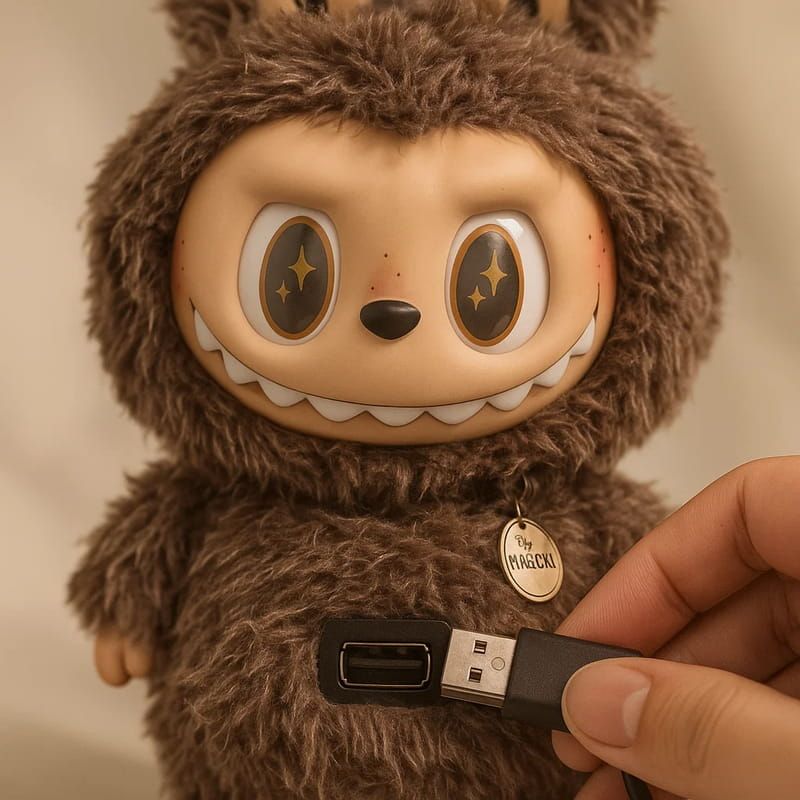
USB Toy Connection
Close-up shot of a toy with built-in USB port in its stomach, hand holding cable ready to connect.
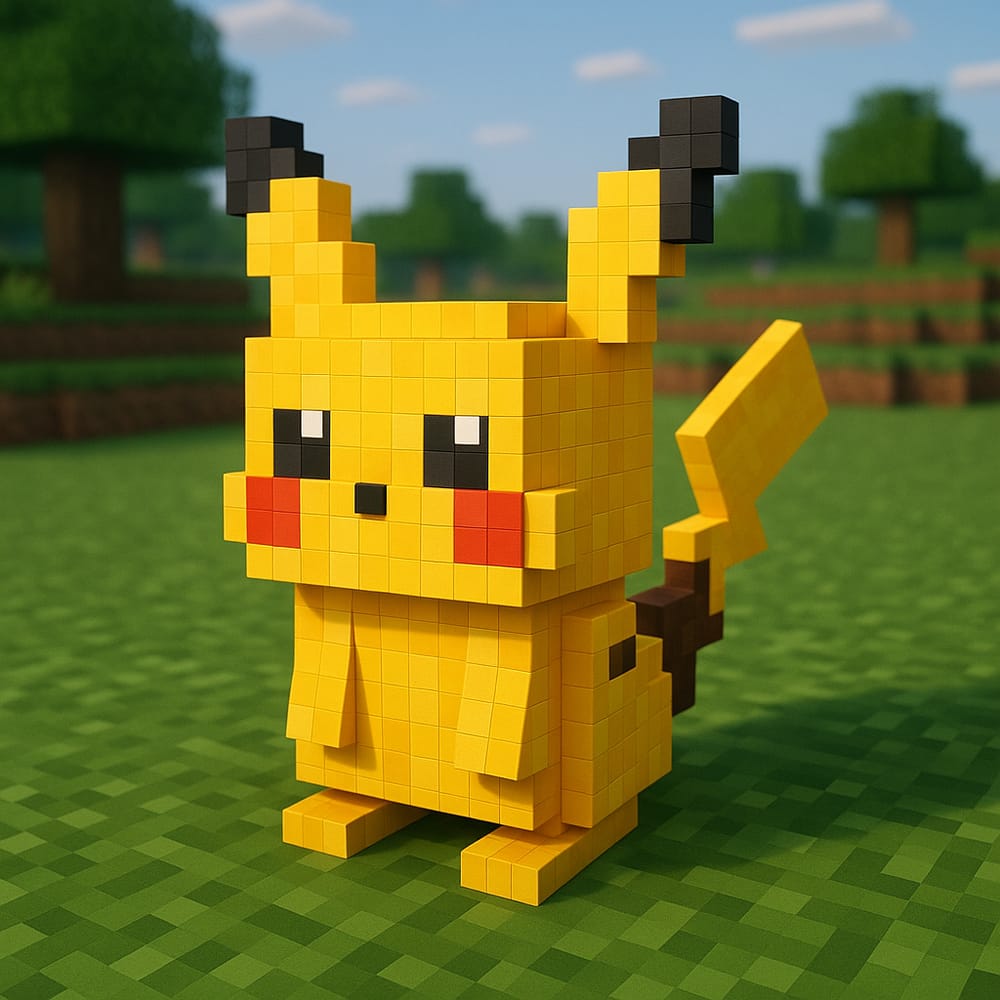
3D voxel-style Minecraft style Pokemon
Pixelated Pokemon designed with chunky, cube-based geometry similar to Minecraft blocks
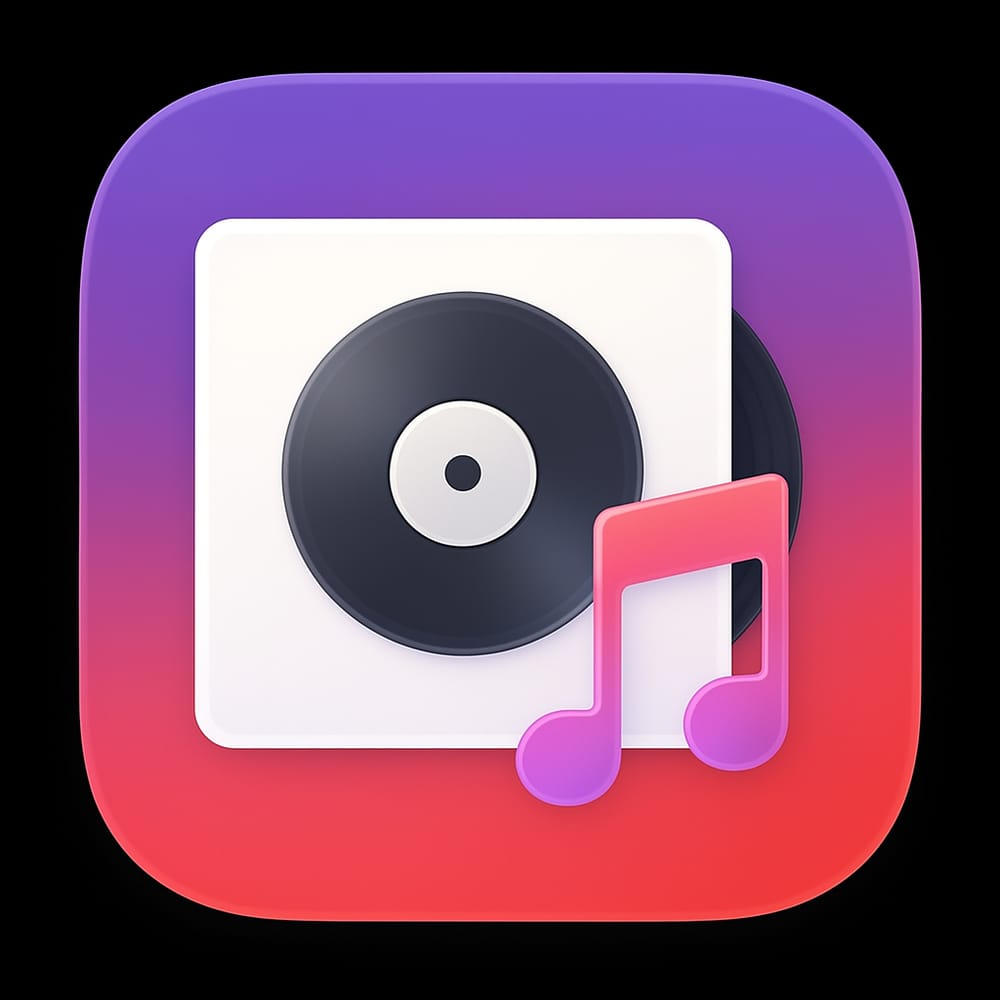
Generate Liquid Glass Icon
Liquid Glass is a new software design, or aesthetic, described by Apple CEO Tim Cook as "Expressive. Delightful. But still instantly familiar." According to Apple, the "look" makes apps and system experiences more expressive and delightful while being instantly familiar.
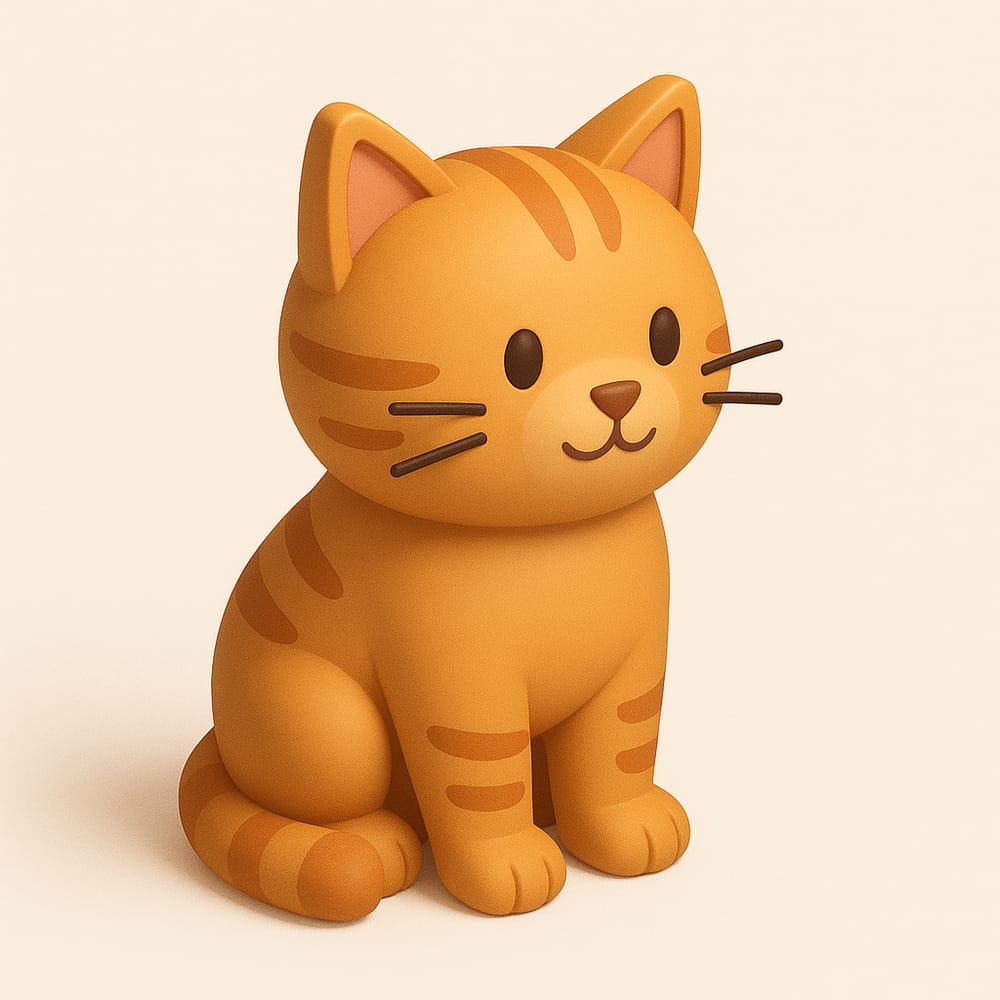
3D Isometric Icon
Creates polished 3D isometric objects with clean geometry and professional lighting.
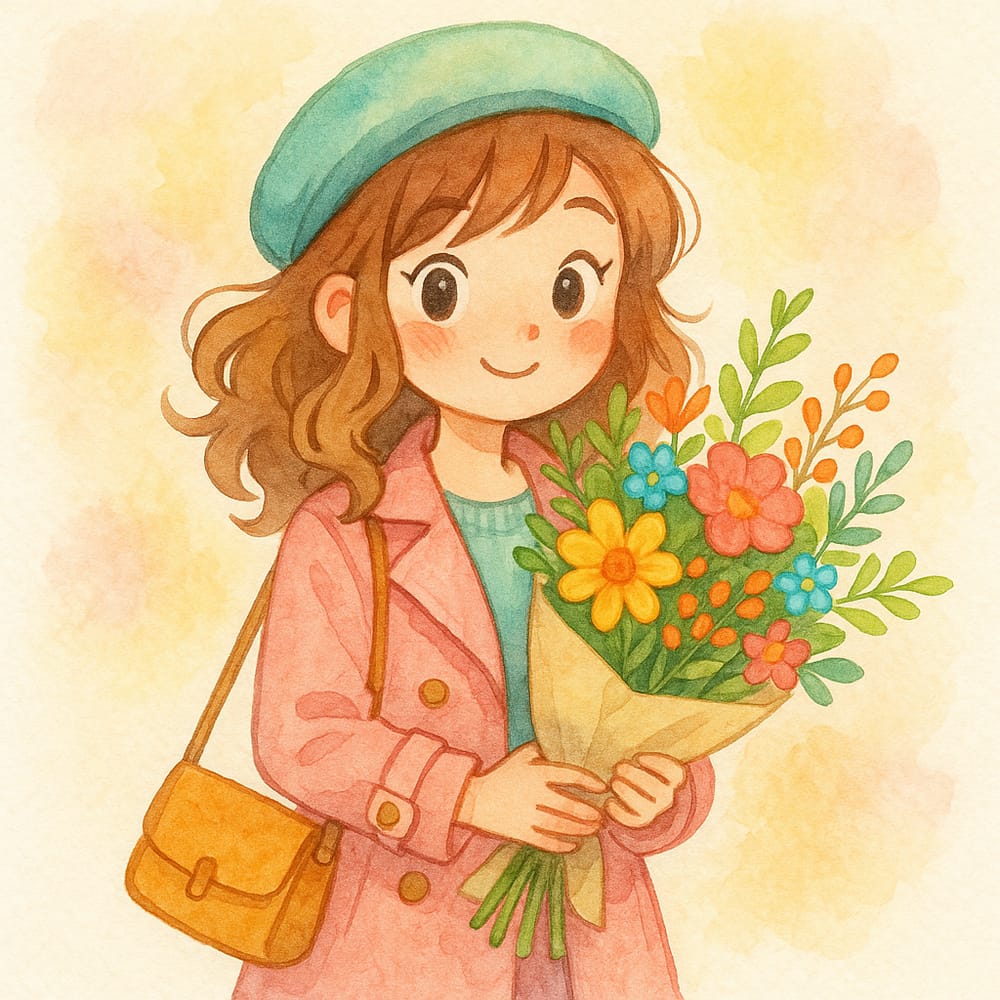
Cute Watercolor Fashion Illustration
Creates stylish character illustrations with playful proportions and soft watercolor textures.
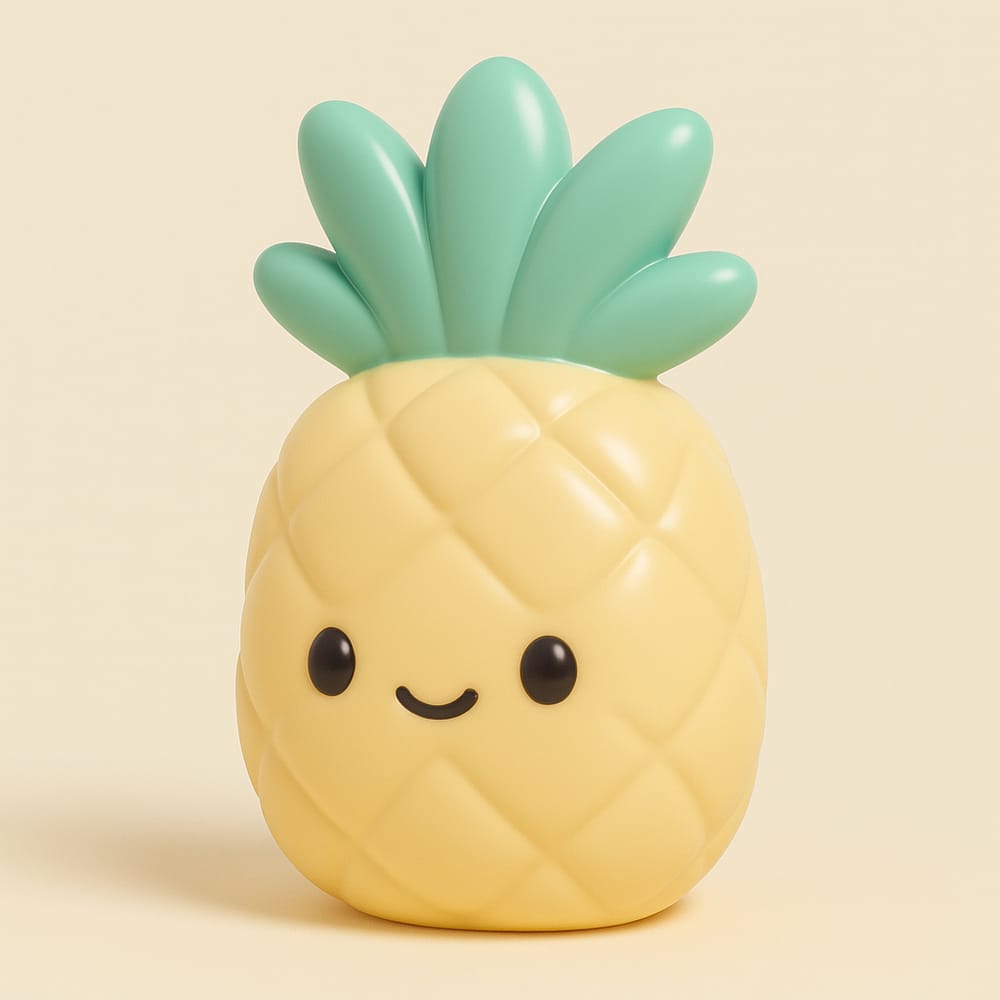
Soft Vinyl Toy
Creates charming collectible toy figures with smooth surfaces and playful aesthetics.
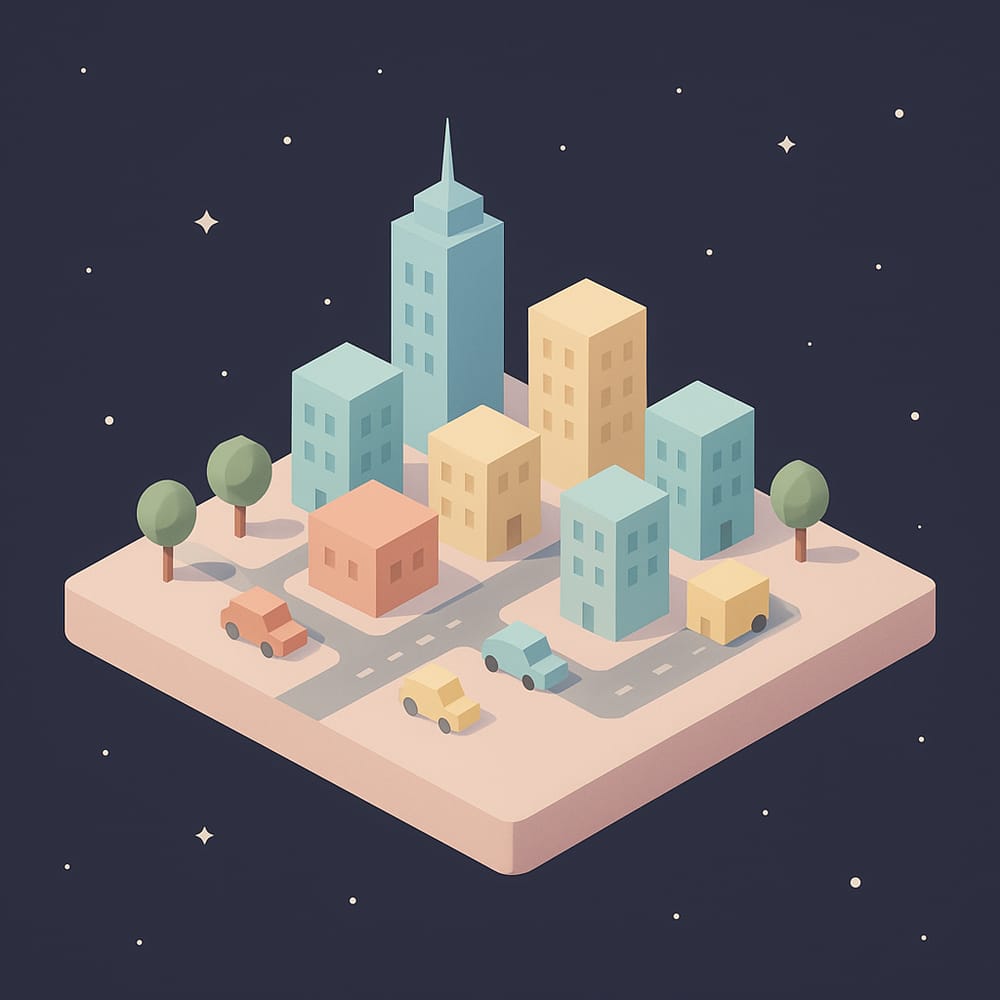
Low-poly Design
Creates elegant low-poly 3D objects with clean lines and soft color palette.
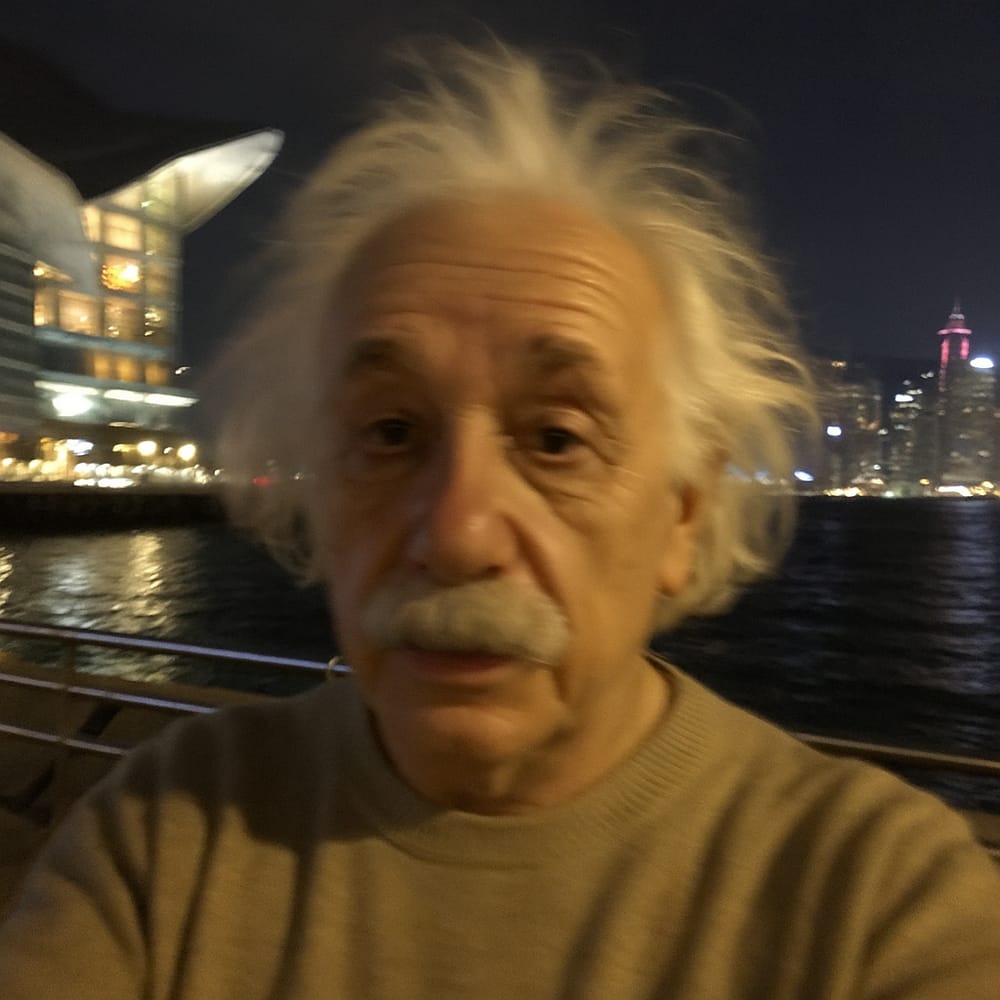
Phone Selfie
Creates authentic, casual selfie-style photos with natural lighting and spontaneous composition. Perfect for social media and personal content.
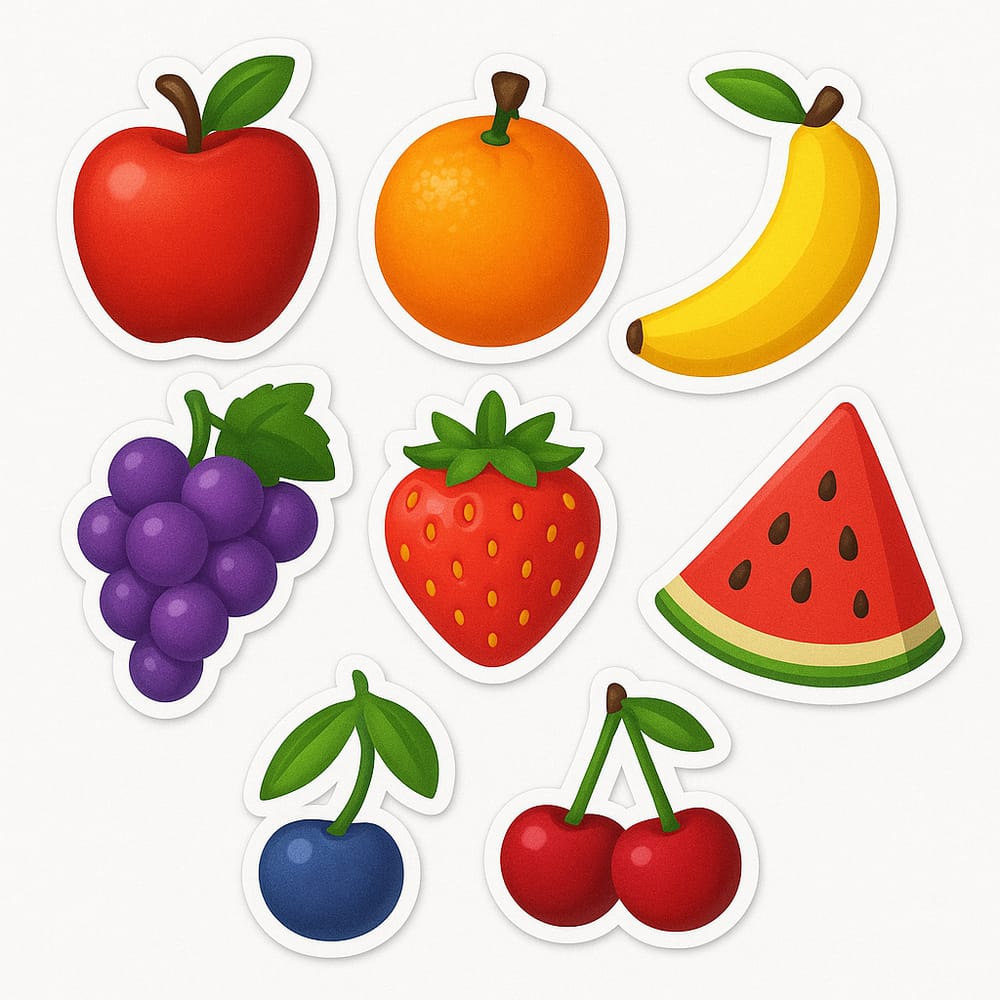
Generate Stickers For Emoji
Creates vibrant, glossy stickers, perfect for use as emoji or digital art.
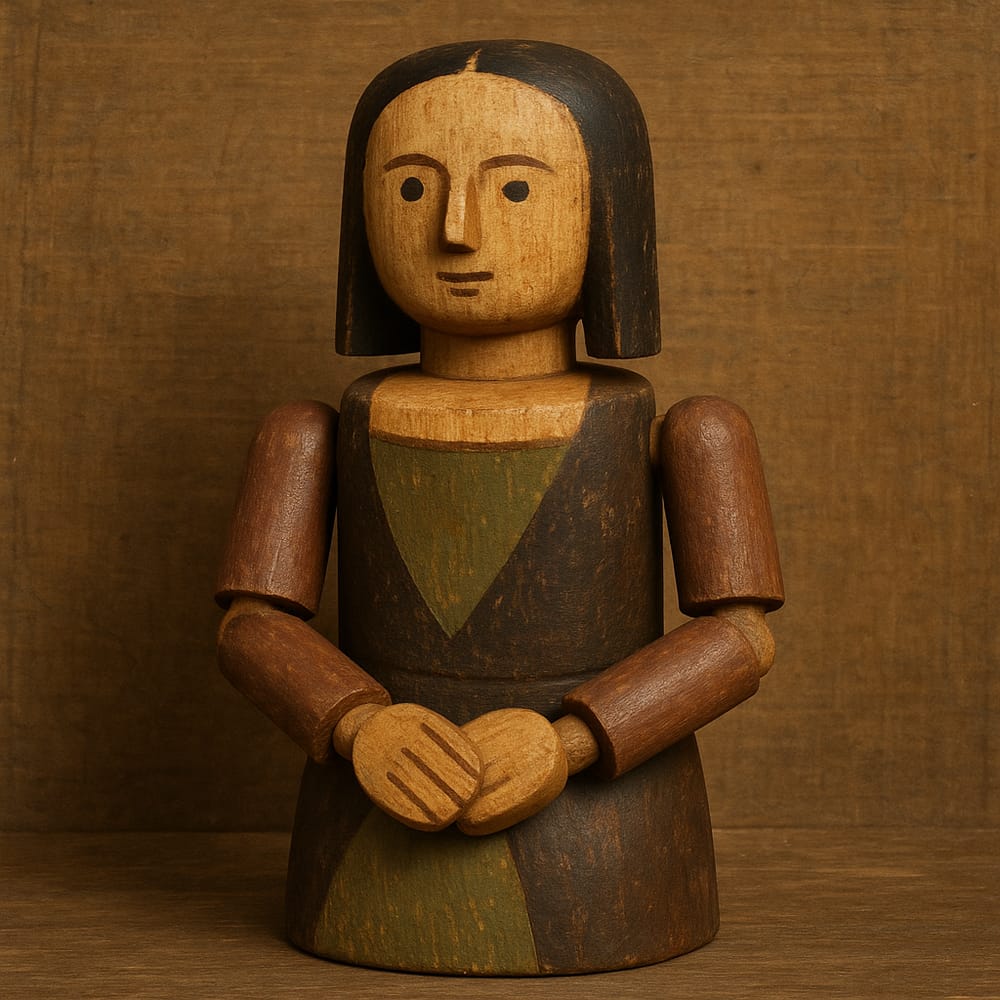
Wooden Toy Style
Transforms subjects into charming, handcrafted wooden toy figures.
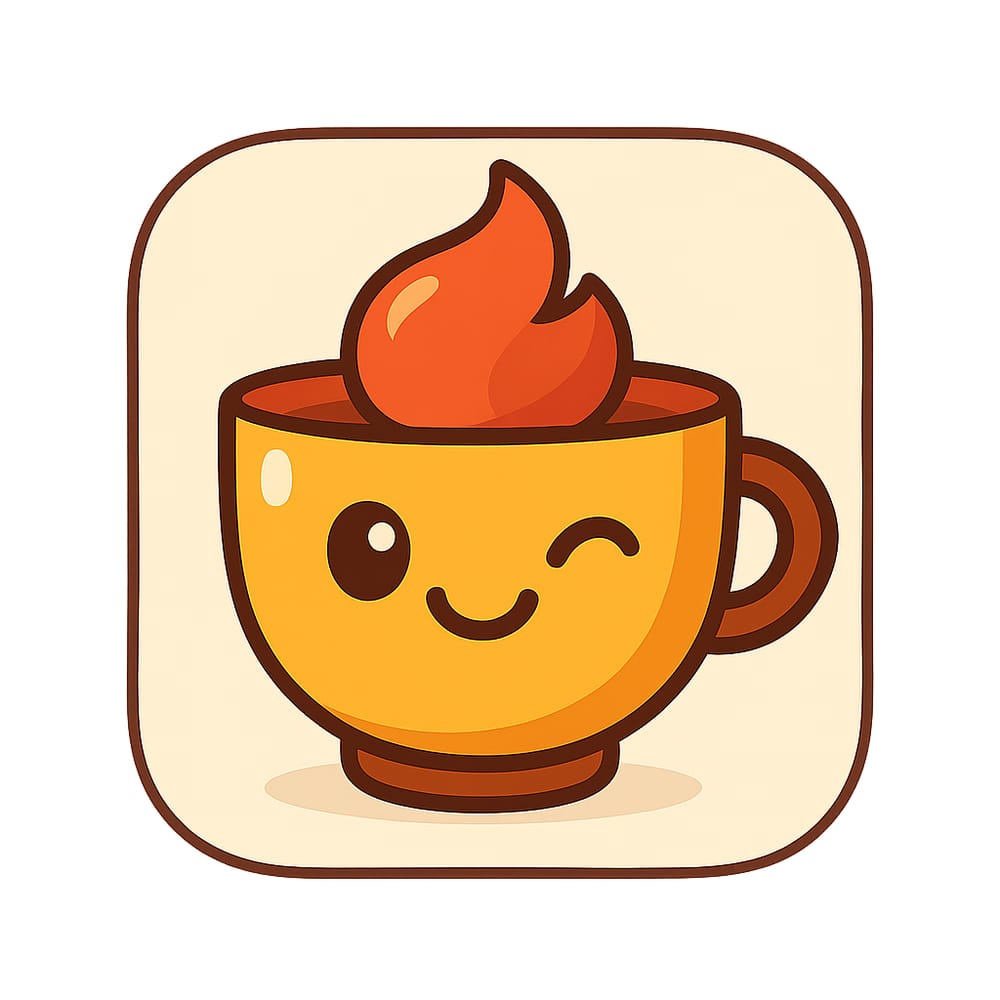
App Icon Design
Creates app-ready icons with clean lines and vibrant colors. Professional design with glossy finish and modern aesthetic, ideal for digital applications.
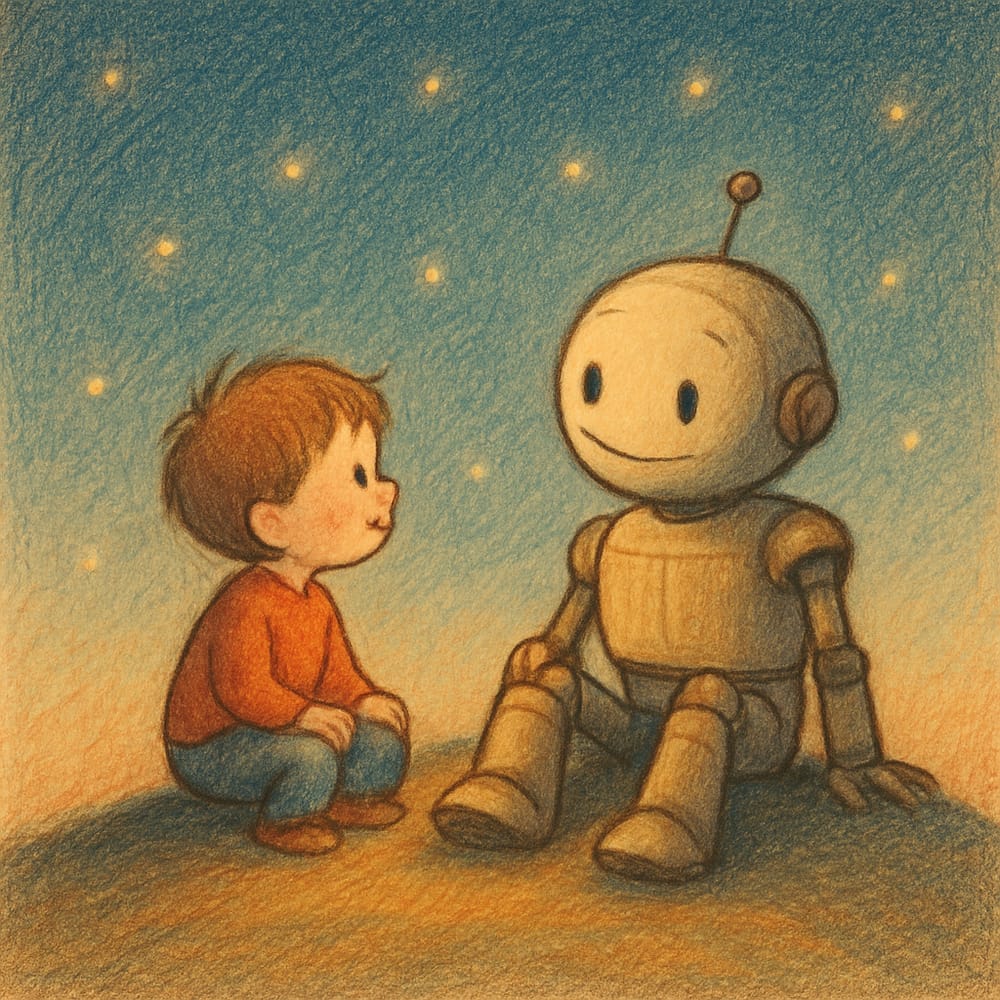
Child Paiting
Creates charming storybook illustrations with handcrafted texture and warmth. Perfect for children's content, educational materials, or nostalgic artistic projects.
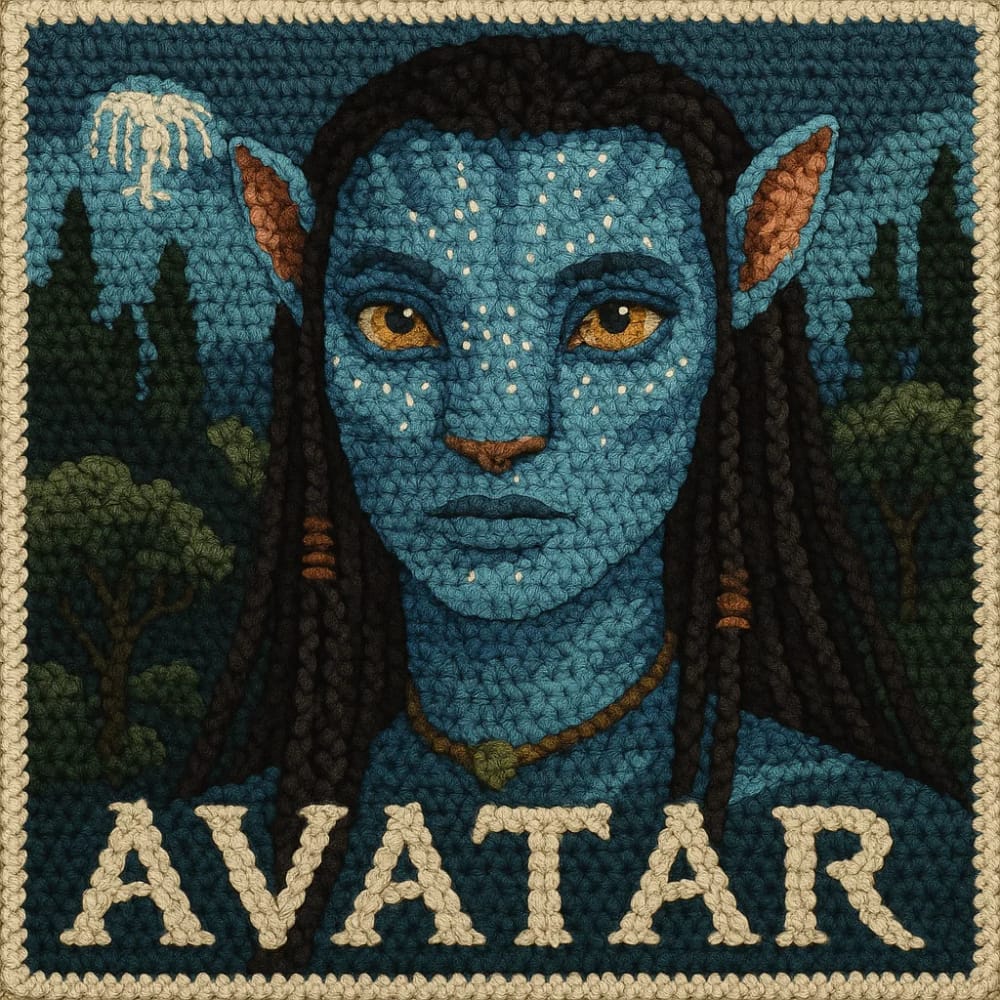
Create a crochet style poster
Transforms subjects into cozy, handcrafted textile art with fabric texture and warmth.
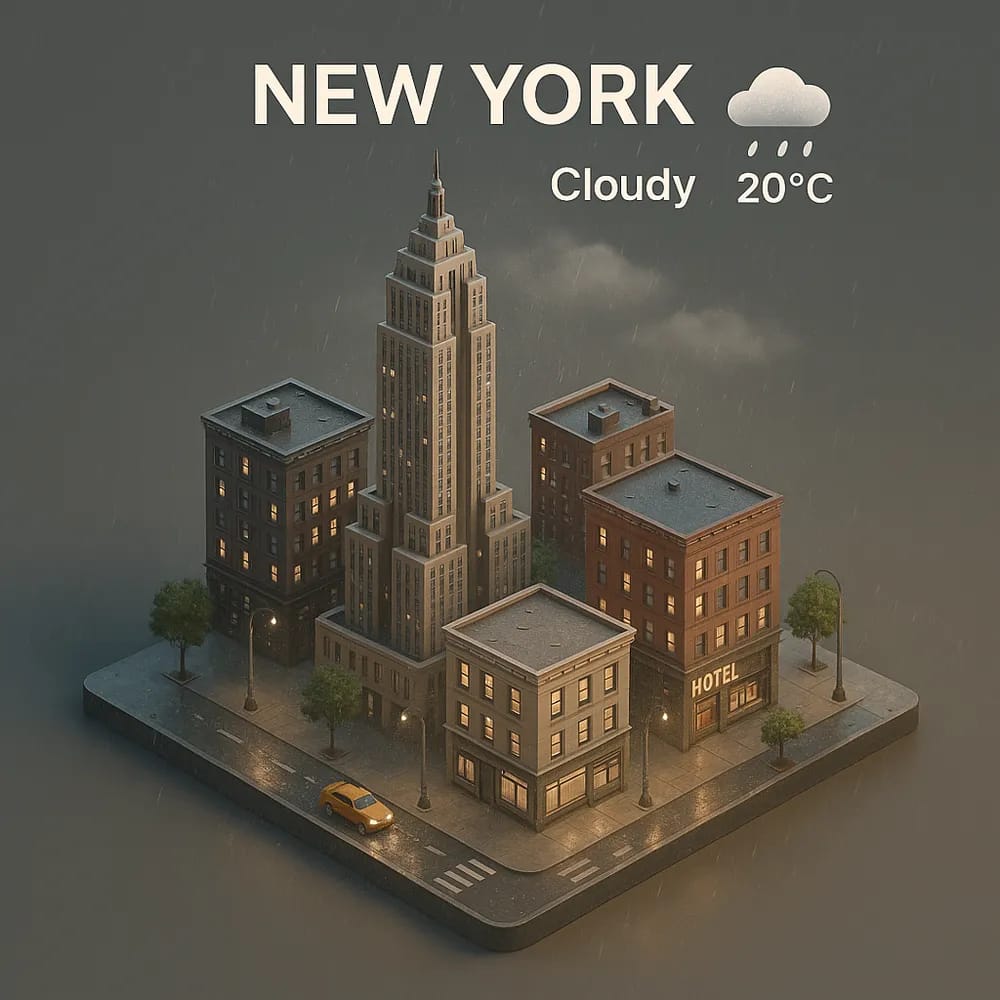
Isometric miniature model of city
Creates charming 3D miniature city models with integrated weather effects.
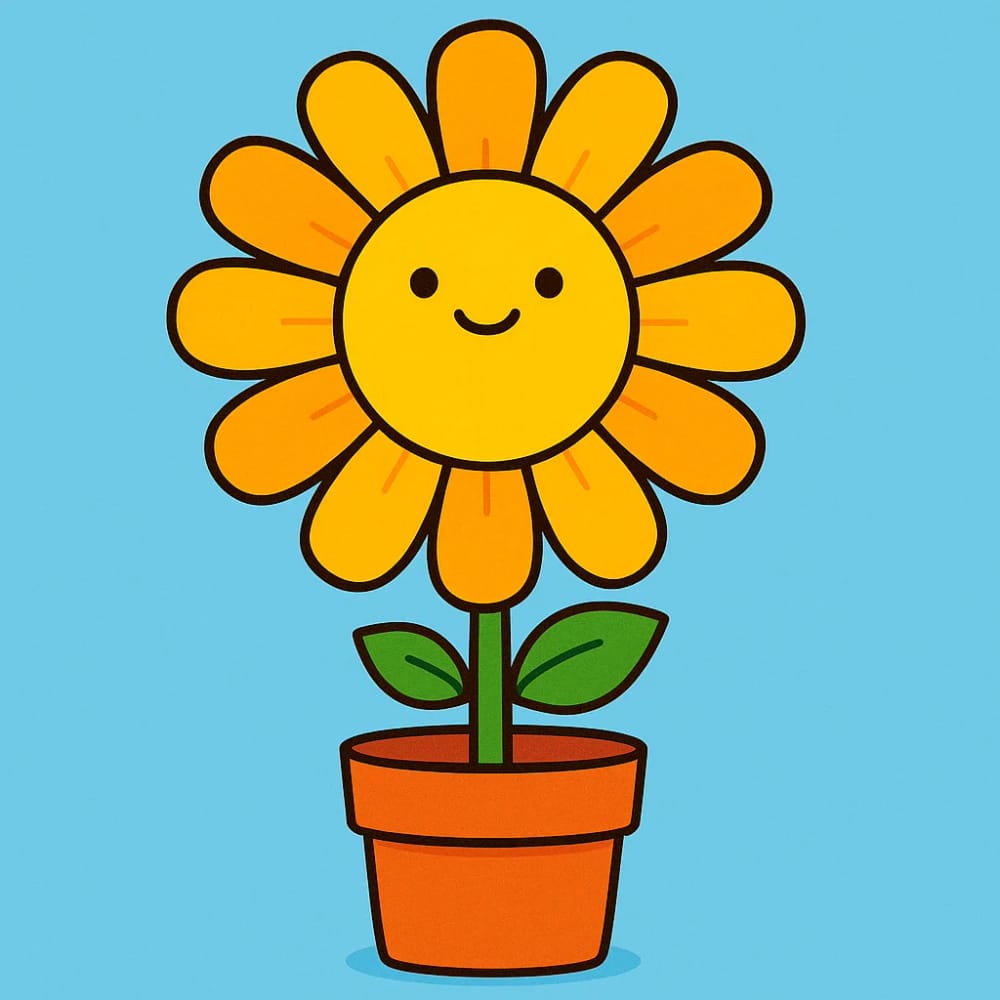
Color the picture
Adds vibrant, professional coloring to sketches and line art. Transforms black and white images with rich, harmonious color palettes.
GPT-4o Image Generation Advantages
Text Rendering
Perfectly render text within images, whether it's logos, diagrams, or labels, making images an effective tool for visual communication.
Knowledge Integration
Leverage 4o's inherent knowledge base and chat context, including transforming uploaded images or using them as visual inspiration to create exactly the image you envision.
Multi-turn Generation
Refine images through natural conversation while maintaining consistency across iterations, such as keeping a video game character's appearance consistent as you experiment.
Instruction Following
Follow detailed prompts with precision, handling up to 10-20 different objects in complex scenes with better control over their traits and relations.
In-context Learning
Analyze and learn from user-uploaded images, seamlessly integrating their details into its context to inform subsequent image generation.
Style Versatility
Create images in a vast variety of styles, from photorealistic photography to hand-drawn illustrations, enabling seamless translation from concept to execution.
Frequently Asked Questions
How can I use these style prompts?
You can use the style prompts at https://chatgpt.com/ (Remember to choose Gpt-4o as the model, and click 'Create image').
Free users can generate GPT-4o images a limited number of times per day. If you need to generate more, you need at least a ChatGPT Plus subscription.
When can Free users access the new features? What if I can't wait?
If you're a Free user, you'll need to wait a bit longer to access the new features, as their availability depends on OpenAI's rollout schedule.
However, if you're eager to try them out and can't wait, upgrading to a Plus user is a great option. Plus users get priority access to new features, along with additional advanced benefits to enhance your experience.
How can I access and use GPT-4o image generation?
4o image generation rolls out starting March 25, 2025, to Plus, Pro, Team, and Free users as the default image generator in ChatGPT, with access coming soon to Enterprise and Edu users. Developers will soon be able to generate images with GPT-4o via the API, with access rolling out in the next few weeks.
What's the process for creating and customizing images?
Creating and customizing images is as simple as chatting using GPT-4o - just describe what you need, including any specifics like aspect ratio, exact colors using hex codes, or a transparent background. Because this model creates more detailed pictures, images take longer to render, often up to one minute.
What are the current limitations of GPT-4o image generation?
Current limitations include:
- Cropping issues (longer images may be cropped too tightly)
- Hallucinations (making up information in low-context prompts)
- High binding problems (difficulty handling more than 10-20 concepts)
- Precise graphing challenges
- Multilingual text rendering limitations
- Editing precision constraints
- Difficulty with dense information containing small text
How does OpenAI ensure the safety of image generation?
All generated images come with C2PA metadata, which identifies an image as coming from GPT-4o, providing transparency. OpenAI has also built an internal search tool that uses technical attributes of generations to help verify if content came from their model. The system blocks requests for generated images that may violate content policies and has heightened restrictions for images involving real people.
Where can I learn more about GPT-4o image generation?
For more detailed information about GPT-4o image generation capabilities, examples, and technical details, visit the official OpenAI announcement page at https://openai.com/index/introducing-4o-image-generation/.
